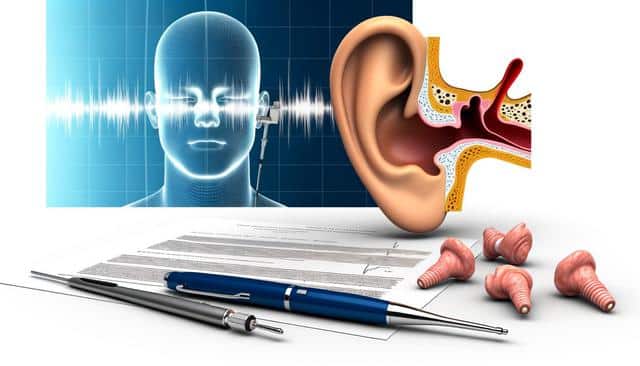Exploring the Latest Treatment for Tinnitus
With ongoing research into tinnitus, new treatment options are emerging that focus on reducing the perception of noise. The latest treatment for tinnitus includes advancements in sound therapy techniques and innovative hearing devices. Sound therapy utilizes external noise to mask the internal sounds of tinnitus, providing relief to sufferers. These therapies can include white noise machines, hearing aids, and customized sound playlists. Moreover, some patients benefit from tinnitus retraining therapy (TRT), which combines sound therapy with counseling. This holistic approach aims to retrain the brain to disregard tinnitus sounds, thereby reducing their impact. TRT has shown promise in helping individuals manage their symptoms effectively over time.
The Role of Cognitive Behavioral Therapy for Tinnitus
Cognitive Behavioral Therapy (CBT) has gained recognition as a beneficial approach for managing the psychological effects of tinnitus. While CBT does not eliminate the noise itself, it helps individuals develop coping strategies to handle stress, anxiety, and depression associated with the condition. Patients undergoing CBT for tinnitus engage in therapeutic sessions that focus on altering negative thought patterns and improving emotional resilience. Techniques such as relaxation exercises and mindfulness are often incorporated to foster a sense of control over the condition. Many patients report a significant improvement in their quality of life, making CBT a well-regarded treatment option for tinnitus management.
Integrating Lifestyle Changes and Home Remedies
Beyond clinical treatments, lifestyle changes and home remedies can play a pivotal role in managing tinnitus. Simple adjustments such as reducing caffeine and alcohol intake, avoiding exposure to loud noises, and maintaining a healthy diet can alleviate symptoms. Stress management techniques, including yoga and meditation, have also been beneficial for many individuals. Additionally, some people find relief through natural supplements like ginkgo biloba, although it is important to consult with a healthcare provider before starting any new supplement regimen. Implementing these lifestyle changes can complement other tinnitus treatments and contribute to an overall sense of well-being.
Seeking Professional Help and Support
For those experiencing persistent tinnitus, seeking professional help is a crucial step towards effective management. Audiologists and otolaryngologists are specialists equipped to provide comprehensive tinnitus evaluations and personalized treatment plans. Support groups and online forums also offer valuable platforms for sharing experiences and coping strategies with others facing similar challenges. Engaging with a community that understands the complexities of tinnitus can provide emotional support and encouragement. In summary, while there is no definitive cure for tinnitus, a combination of professional interventions and self-care strategies can significantly enhance the quality of life for those affected.

